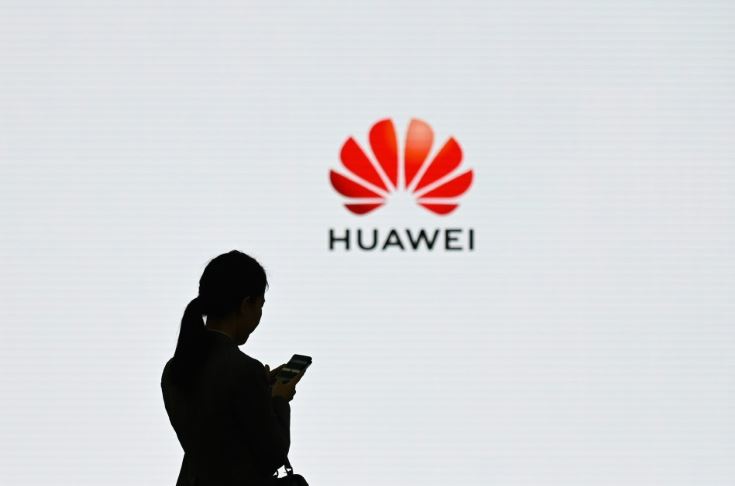×
The Standard e-Paper
Join Thousands Daily

Chief executives from several US tech companies met with President Donald Trump on Monday and expressed "strong support" for policies restricting the use of products from Chinese telecom giant Huawei.